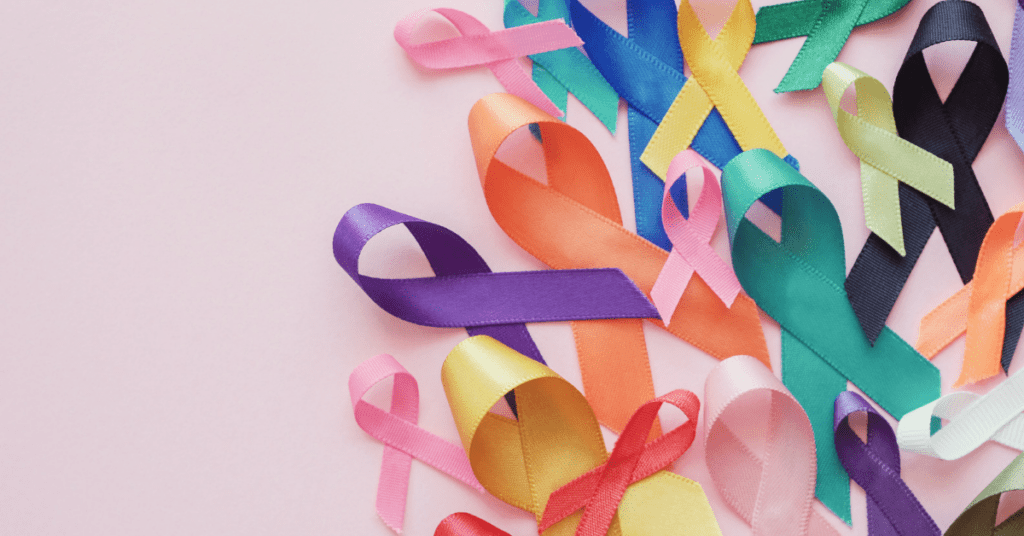HPV has been the basis for many cancer-related horror stories and mistruths ever since it was first found in a biopsy of cervical cancer in 1983 by Dr. Harald zur Hausen. While it’s true that medical science has uncovered HPV’s link to multiple other cancers, that’s no cause to panic.
Currently, it’s estimated that 80% of sexually active men and women will experience at least one HPV-based infection before the age of 45. That might seem daunting, but most of these people don’t even realize they have HPV, as it doesn’t drastically affect their lives. Just because you have HPV doesn’t mean you’ll get cancer. Plus, we now have access to a protective vaccine for both boys and girls.
All in all, there are many misconceptions about the link between HPV and cancer. Let’s begin to dispel the rumors and learn the real truth about this condition, the types of cancer associated with HPV, and how to best protect yourself.
HPV Explained
HPV is an acronym for an infection called human papillomavirus. It’s currently the most common sexually transmitted disease worldwide. You can only get it through sexual contact, and once you have it, you cannot get rid of it. But HPV isn’t just one virus — there are more than 150 different types of HPV that you can get through sexual contact, and each type is different. Some strains can lead to cancer, others genital warts, and yet other strains are entirely harmless.
Most people who contract HPV have no symptoms and are completely unaware unless they test for it later or develop a disease or cancer that results from mutated HPV. In fact, most of the HPV strains out there are low-risk because they don’t make you any more likely to get cancer. Of all the variations of this infection, only two specific strains — HPV-16 and HPV-18 — are responsible for most HPV-related cancers.
HPV Doesn’t Equal Cancer, So What Is the Connection?
Since getting HPV doesn’t necessarily mean you’ll get cancer, how exactly are the two linked together? Well, we can explain the connection easily with a well-known comparison. HIV, a common virus globally, is not the same as AIDS, but the two are linked. This is because HIV can and will mutate into AIDS if left untreated.
The same idea applies to HPV. If you have one of the strains that can cause cancer, the HPV infection itself can present no symptoms but can later mutate into cancerous cells. Typically, these cells will develop into one of six specific types of cancer.
The Six Cancers Linked to HPV
Currently, the CDC has linked six distinctive types of cancer to strains of HPV affecting both men and women. While men can get HPV-related cancer, most cases appear in women. 570,000 women worldwide get HPV-related cancer each year, compared to only 60,000 men.
The six cancers currently linked to HPV are the following:
- Cervical
- Anus
- Vulva
- Penis
- Vagina
- Back of the throat
Of all the cancers listed, cervical cancer accounts for over 83% of all HPV-related cases. In addition to fully developed diagnoses, HPV also affects millions of women each year with cervical pre-cancer (aka cervical dysplasia), which, if caught early, can be treated and prevented from developing into full-blown cervical cancer.
What Can I Do to Avoid Getting HPV?
While all this information may sound scary, remember: having HPV doesn’t necessarily mean you’ll get cancer. However, it’s never a bad idea to practice safe habits to protect yourself.
First, let’s address the elephant in the room. If you are sexually active, there’s a chance you have HPV already. The CDC estimates that almost everyone who is sexually active will get HPV eventually. Practicing safe sex by using condoms can reduce your likelihood of contracting it, but condoms can’t fully protect you from getting HPV like they do other STIs. That’s because HPV is spread through skin-to-skin contact rather than through mucous membranes like HIV and many other STIs.
Essentially, you can only prevent getting HPV in two ways if you don’t already have it.
- If you have never been sexually active, continued abstinence can keep you from getting HPV, but that would be an extreme measure for a small risk.
- The most effective way of HPV prevention is through a vaccine that is available for both men and women. Gardasil 9 is the most effective prevention method against over nine different high-risk strains of HPV. It’s available worldwide and is now recommended as part of a healthy vaccine schedule for adolescents and teenagers.
What If I Already Have HPV?
If you already have HPV, there are several things you can do to decrease your risk of developing full-fledged cancer in the future. The first is to consult your doctor to get vaccinated. With over 150 different strains out there, the vaccine can protect you against other forms of HPV you haven’t yet contracted. For example, if you’ve got one of the mild HPV strains that cause genital warts but not cervical cancer, the vaccine can ensure you don’t get one of the high-risk strands in the future.
If you do have one of the high-risk types, early detection is key to stopping things before they get too far. Regular visits to your doctor for preventive tests like pap smears can ensure the doctor notices any abnormalities before they mutate into something more serious. To reiterate our earlier example, cervical dysplasia is a pre-cancer related to HPV. But if caught in its early stages, it can be treated and reversed.
Regular visits to your doctor and preventative cancer screenings can significantly improve your chances of a long and healthy life, no matter what type of HPV you contract.
Aynjil
Here at Aynjil, we’ve dealt with cancer first-hand. That’s why we are in the business of delivering comfort and support to you and your family when you need it most. We believe that everyone deserves comprehensive benefits and assistance when cancer strikes, so we developed a cancer-specific insurance product which addresses all the many needs and issues that come with a diagnosis. Our cancer insurance includes unheard-of benefits, including a million rand payout and lifestyle support to help you and your loved ones navigate your journey to recovery.
Want to learn more about protecting yourself and your family? Head here to check your options.
Marketing by Joseph Studios



